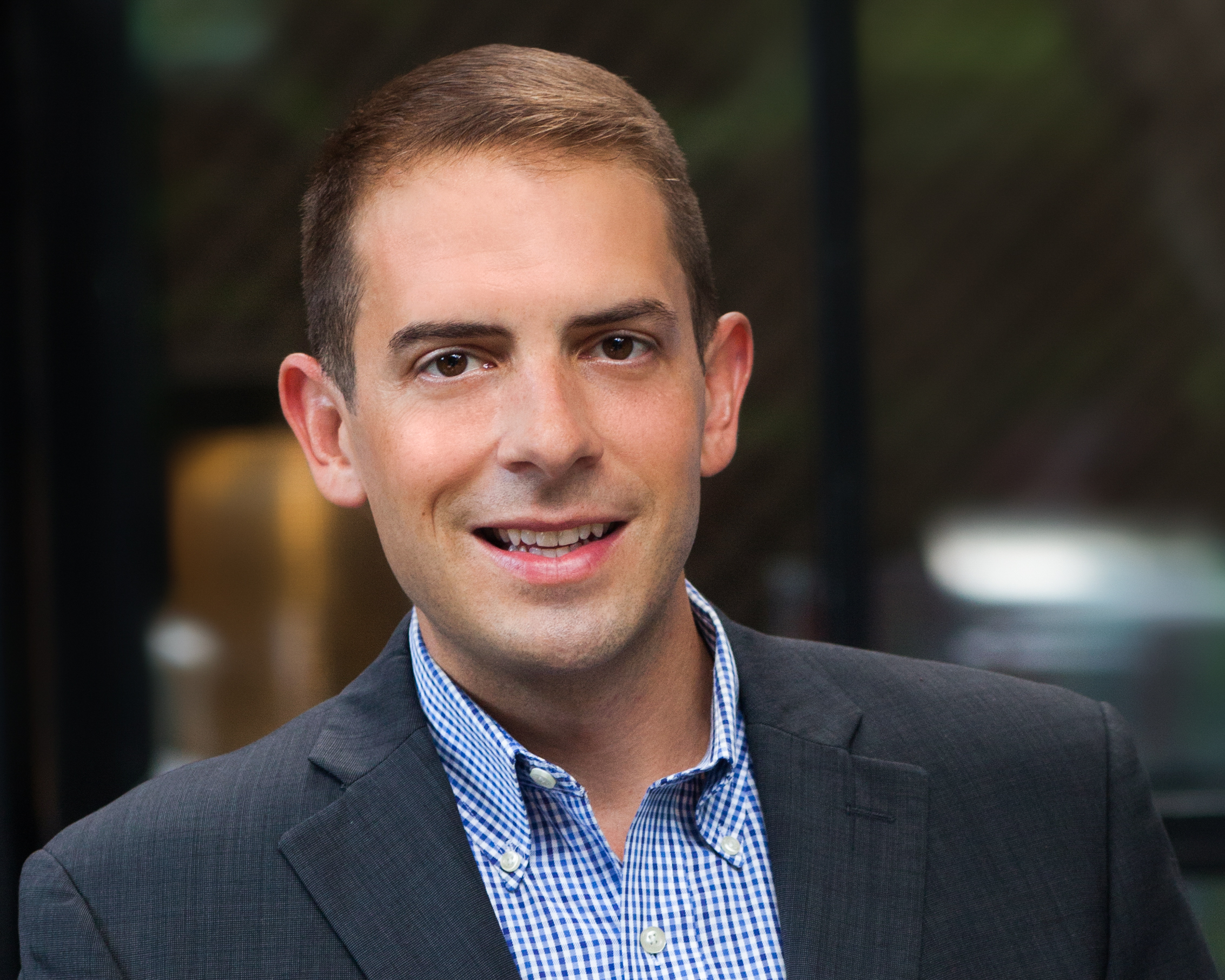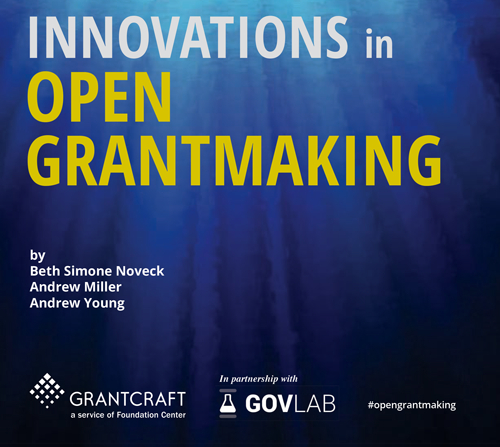Convening as a Catalyst for Change
The James Beard Foundation (JBF) was created in 1986, housed in the historic Greenwich Village brownstone that was once home to cookbook author and teacher, James Beard. A champion of American cuisine, James Beard was an educator and mentor to generations of chefs, home cooks, and food enthusiasts. Many would say that his contributions to the culinary culture of America are unmatched. His friends, namely Julia Child and Peter Kump, raised money to purchase the house, start the foundation, and make sure that James Beard’s legacy lived on.
Originally envisioned as a performance space for chefs, the James Beard House became the place where chefs from around the country would showcase their culinary talent, and where guests could come to experience these events. The James Beard Foundation has continued in this spirit for nearly 30 years, with more than 250 dinners a year at the historic James Beard House remaining a core program of the foundation.
In the years that followed the foundation’s inception, several programs that foster a deeper understanding of America’s diverse cuisine and the culture of food were added, including the James Beard Awards (often referred to as the “Oscars” of the food industry), and the foundation’s culinary scholarship program. These programs helped to establish JBF as the preeminent culinary organization in America, achieving strong brand equity and important exposure to stakeholders throughout the food system.
 Six years ago our leadership began to think about the evolution of our programs and how best to serve our core constituency—the culinary community—while making a positive impact on our food system and food culture. Sustainability and sourcing were increasingly important topics that the community focused on in their businesses and yet, very few chefs were engaged in broader conversations and projects addressing food systems issues. This observation, combined with the appreciation of the unique position our foundation enjoys in the culinary community, led us to launch our first thought-leadership program, the annual JBF Food Conference, as a convening of diverse stakeholders around some of our nation’s most pressing food system issues.
Six years ago our leadership began to think about the evolution of our programs and how best to serve our core constituency—the culinary community—while making a positive impact on our food system and food culture. Sustainability and sourcing were increasingly important topics that the community focused on in their businesses and yet, very few chefs were engaged in broader conversations and projects addressing food systems issues. This observation, combined with the appreciation of the unique position our foundation enjoys in the culinary community, led us to launch our first thought-leadership program, the annual JBF Food Conference, as a convening of diverse stakeholders around some of our nation’s most pressing food system issues.
Our first JBF Food Conference included philanthropists, academics, policy makers, chefs, and nonprofit leaders who came together to discuss sustainability on the plate. This first conference generated such meaningful discussion, connections, and fresh ideas, that we were encouraged to develop additional programs through this forum. We added our annual Leadership Awards program in 2010, our Chefs Boot Camp for Policy and Change in 2012, a series of regional policy salons in 2013, and our Culinary Labs in 2014.
The past six years have shown us that we have the ability to leverage the reach and brand equity of our foundation to influence, educate, and connect diverse stakeholders through meaningful conversations and trainings. The change that has been sparked at these gatherings is a testament to the role that convening can play as a catalyst for change.
At our 2014 food conference Dr. Geeta Maker-Clark, Department of Family Medicine, University of Chicago, heard Dr. Tim Harlan speak of his work as the executive director of the Goldring Center for Culinary Medicine at Tulane University. In Dr. Harlan’s program, medical students are provided with hands-on training through culinary medicine classes as part of the first dedicated teaching kitchen to be implemented at a medical school. Inspired by the approach of requiring this innovative training for medical students, Maker-Clark returned to the University of Chicago intent on launching a similar program for her students. A year later, the grant-funded pilot is up and running, and Maker-Clark will be sharing how she was inspired by Dr. Harlan to bring her vision of connecting medicine and culinary training to life as a speaker on our 2015 conference program on October 19 and 20.
We’ve also seen the power of bringing established chefs together with policy makers and nonprofit organizations to improve the food system. Hosted by alumni of our Chefs Boot Camp program, our regional policy conversations have convened stakeholders in local communities to address issues specific to their region.
In Nashville in 2014, we helped to convene a group of chefs, nonprofit leaders, and mayoral candidates for a candid conversation around local food issues and their place on the ballot. In the first collective moment in the race, the candidates heard the local food community’s points of concern around a healthy food system in Nashville.
In Orlando, a group of chefs, farmers, media professionals, nonprofit organizations, and distributors convened to brainstorm on the viability of the local food scene in central Florida, and consumer perceptions they were eager to change. This gathering forged important new relationships and resulted in the creation of the goFLA Manifesto – a pledge by chefs and producers in the region to both promote farm to table cuisine and boost the region’s culinary reputation. Dozens of chefs and producers signed the manifesto, which hangs proudly in East End Market. The convening cemented a passionate group of local stakeholders who all committed to working together in support of the central Florida food scene.
Change comes in many forms, and at many scales of impact. From the local and community-focused initiatives, to the broad national policy efforts, the collaboration that results from facilitating new relationships can often be a game changer in creating real impact.
At the James Beard Foundation, we’ve seen firsthand the power that exists in convening stakeholders across sectors, disciplines, and beliefs. As foundations, we have a unique ability to create this kind of welcoming space that can inspire genuine collaborations, smart innovation, and meaningful change.




